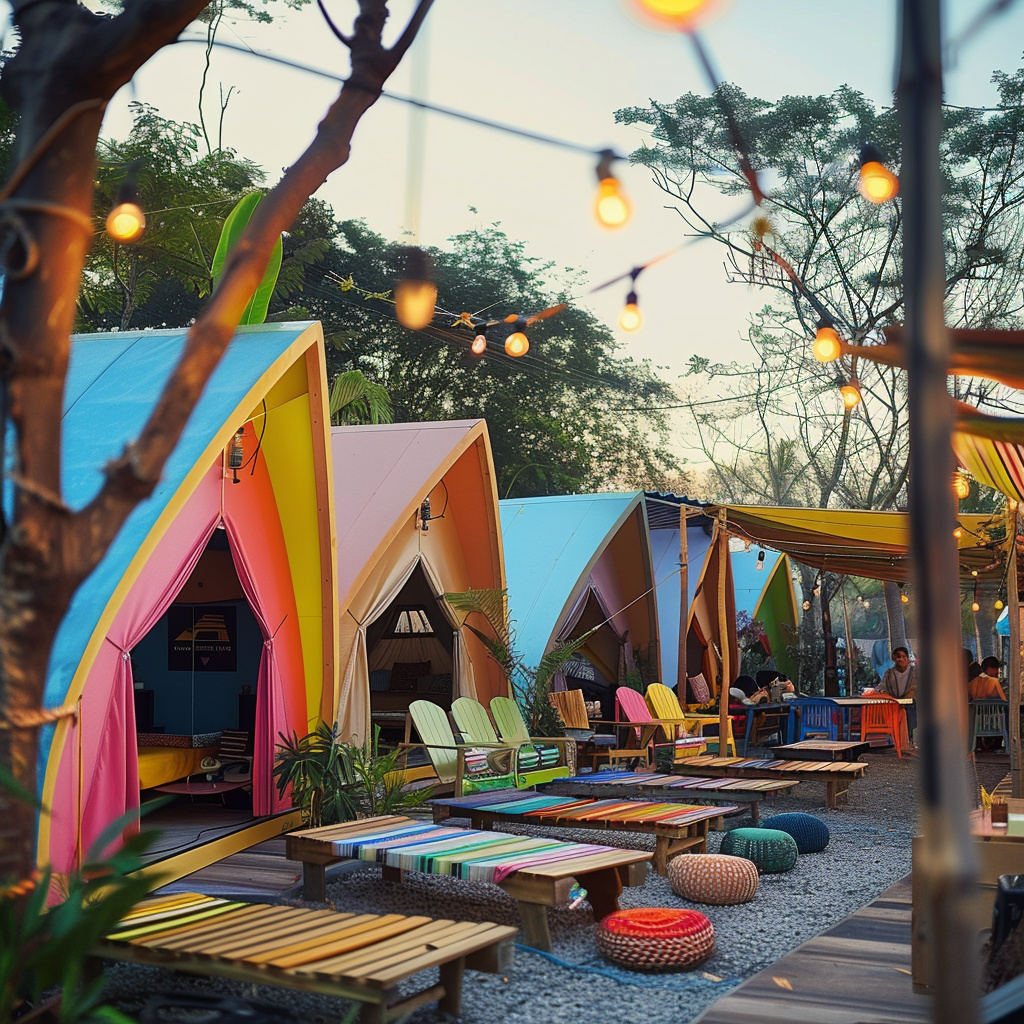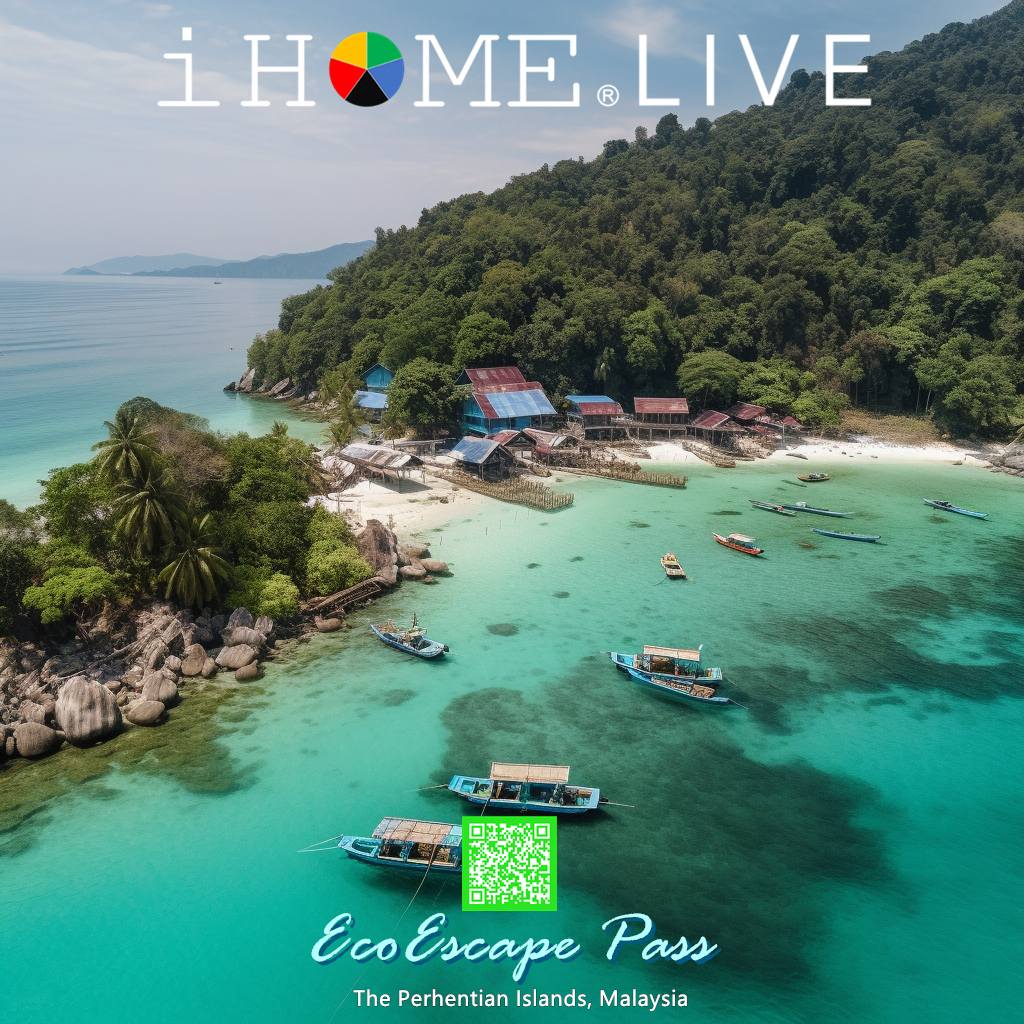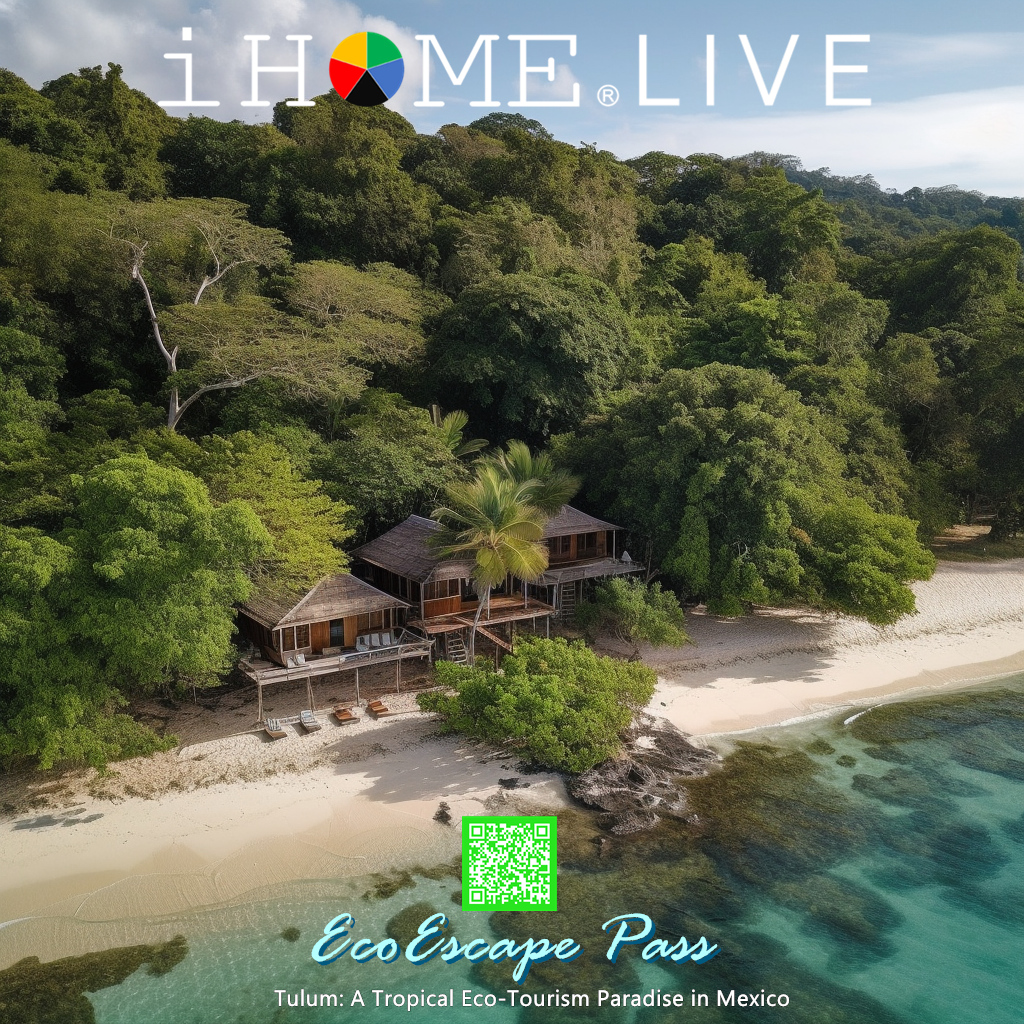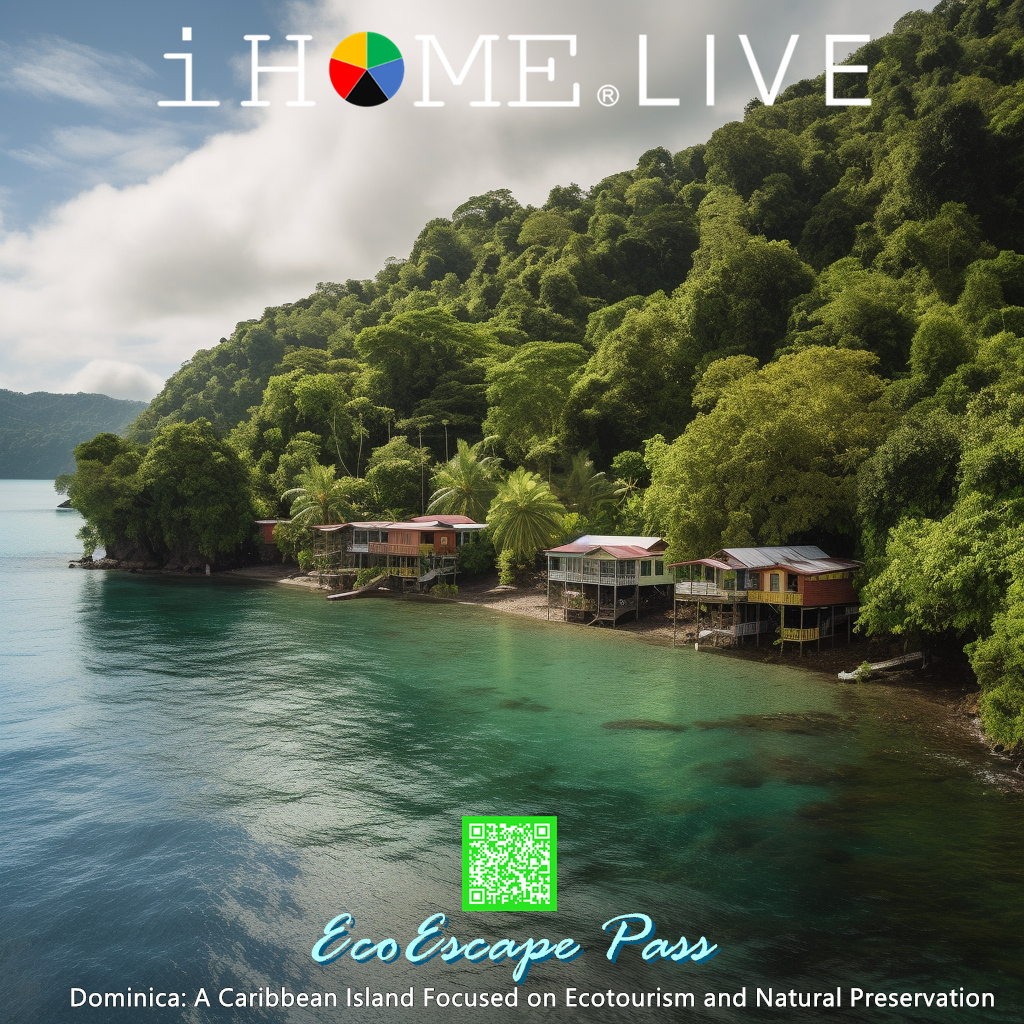Overview
- Description: Beyond Bali, Indonesia offers a vast array of experiences. Jakarta, the bustling capital, presents a dynamic mix of modernity and traditional culture. Yogyakarta, known as the heart of Javanese culture, is revered for its historic temples and vibrant arts scene.
- Attractions: In Jakarta, explore the National Monument and the rich collections of the National Museum. Yogyakarta is home to the UNESCO World Heritage Sites of Borobudur and Prambanan. Both cities offer rich culinary landscapes and lively markets.
Visa and Residency Options
Visa Requirements
- Types of Visas: Indonesia offers tourist visas, social/cultural visit visas, and a recently introduced digital nomad visa allowing a stay for up to 5 years without local tax liability.
- Application Process: Applications must be submitted through Indonesian embassies or consulates, usually involving an online appointment and interview.
- Documentation and Eligibility: Requirements typically include a passport with 6 months validity, proof of financial means, a return ticket, and an itinerary.
Long-term Stay Permits
- Extending Your Stay: Options include the KITAS (Limited Stay Permit) for those engaged in work or long-term educational activities.
- Application Details: Involves sponsorship from an Indonesian company or institution and submission of various documents, including a work permit for employees.
- Long-term Options: Investment in Indonesian business ventures can also lead to a more permanent residency option.
Residency Options
- Paths to Residency: Through employment, family reunification, or retirement for those aged 55 and above.
- Residency Requirements: Documentation, proof of income or savings, and in some cases, a medical check-up.
- Transitioning to Permanent Residency: Possible after a series of annual KITAS renewals, typically after five years of continuous residence.
Living Conditions
- Cost of Living: Jakarta can be expensive, but Yogyakarta is notably more affordable. Average costs range from $500 to $1,500 per month. Indonesia uses the Indonesian Rupiah (IDR), with $1 USD being approximately IDR 14,500.
- Infrastructure: While Jakarta offers robust internet and healthcare services, Yogyakarta, though improving, can be less consistent in remote areas.
- Additional Details: Opening a bank account generally requires a KITAS; business regulations are progressively being made more foreigner-friendly.
Community and Networking
- Community Overview: Both cities have thriving expat communities with diverse international influences.
- Networking Opportunities: Regular cultural events, expat meetups, and business forums are common in Jakarta and growing in Yogyakarta.
- Social Platforms: Facebook groups and expat forums are popular for tips, socializing, and business connections.
Cultural Insights
- Local Customs: Indonesians place great importance on community and social harmony. Politeness and respect for elders are culturally significant.
- Language Tips: Bahasa Indonesia is the official language. English is widely used in business and tourist areas, but learning basic Bahasa will enrich your experience.
- Safety and Laws: Generally safe, but petty crime exists. Strict drug laws carry severe penalties.
- Do’s and Don’ts: Dress modestly, especially during religious or cultural ceremonies. Always remove shoes before entering a home.
Summary
Pros:
- Rich cultural experiences and historical sites.
- Vibrant expat communities and growing opportunities for digital nomads.
- Affordable living costs, particularly outside Jakarta.
Cons:
- Traffic congestion in Jakarta can be severe.
- Environmental challenges, including pollution and the rainy season.
- Regulatory complexities can complicate business and long-term stays.
Key Reasons:
Indonesia’s rich cultural diversity and growing support for digital nomads, along with its strategic location in Southeast Asia, make it a compelling choice for those looking to explore more than just Bali.
Useful Contacts and Resources
- Embassies and Consulates: Listings can be found on Indonesia’s Ministry of Foreign Affairs website.
- Local Government and Services: Detailed information available through local government portals.
- Essential Services: Apps for transportation like Gojek and Grab, and local online marketplaces like Tokopedia and Bukalapak.
- Emergency phone number: 112 for general emergencies, with additional local numbers available for specific services.
![Romania - Tiny house - [ Minimalist Retreats ] - Design Collectibles & Angel Membership (V1)](https://ihome.org/wp-content/uploads/2024/06/Slide19-300x300.jpg)



![Australia - Tiny house - [ Minimalist Retreats ] - Design Collectibles & Angel Membership (V1) (Copy)](https://ihome.org/wp-content/uploads/2024/06/Slide21-300x300.jpg)










